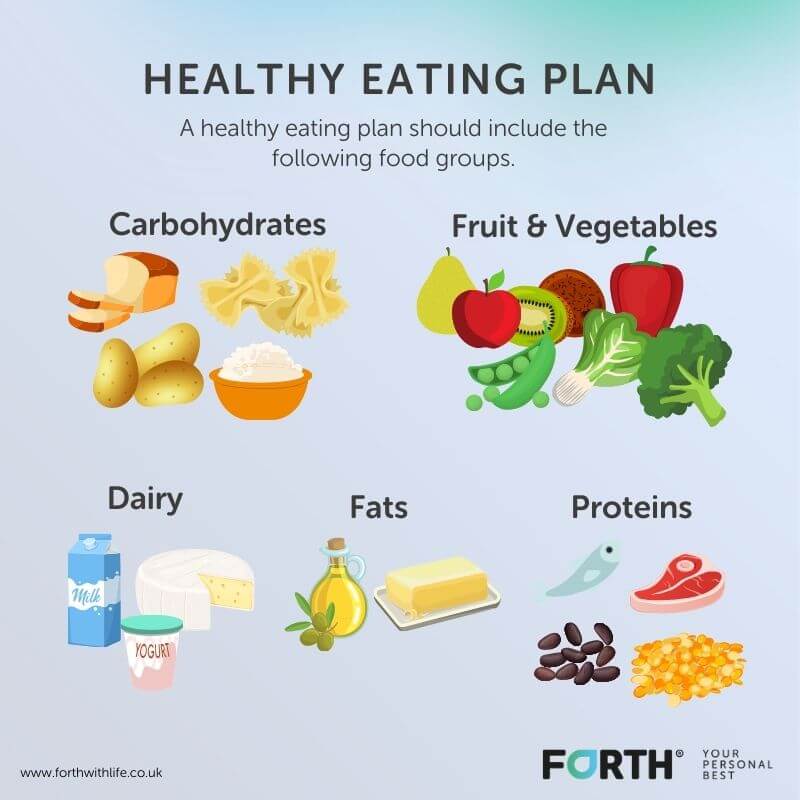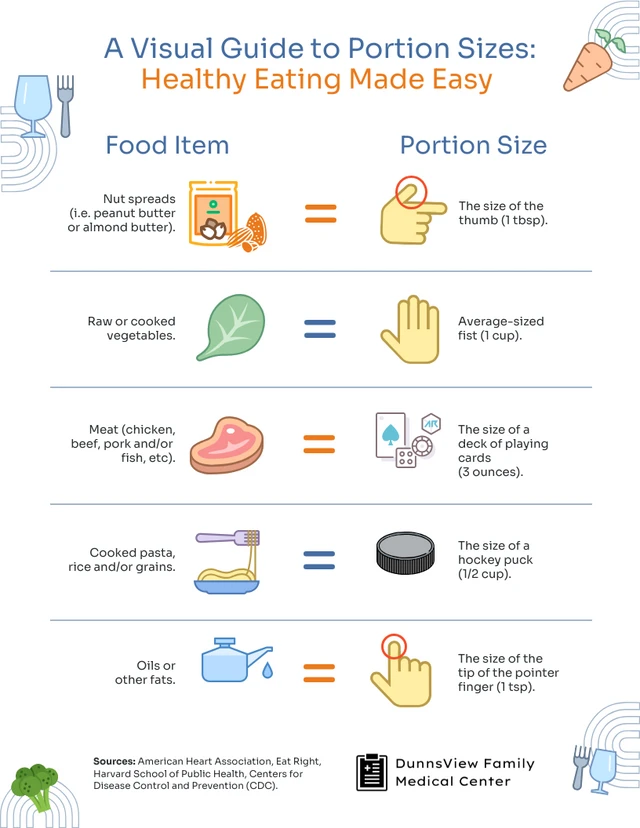By:
TrainCoreFit
02-15-2026

Discover the secret to effortless and nutritious meal planning with our comprehensive guide to healthy eating. Say goodbye to stress!
In today’s fast-paced world, taking care of our health often takes a backseat. However, maintaining a healthy lifestyle is crucial for our overall well-being. One of the key components of a healthy lifestyle is proper nutrition. In this comprehensive guide, we will delve into the importance of meal planning, tips for creating balanced meals, and how to incorporate healthy eating habits into your daily routine.
Meal planning offers numerous benefits for both our physical and mental health. By carefully planning your meals, you can ensure that you are consuming a balanced diet that includes all the necessary nutrients your body needs. This can help improve your energy levels, boost your immune system, and support weight management goals.
Additionally, meal planning can save you time and money by reducing the temptation to eat out or grab unhealthy convenience foods. It also allows you to make healthier choices, as you are less likely to reach for unhealthy snacks when your meals are already planned out.
When creating a balanced meal plan, it’s important to consider a variety of factors such as your individual dietary needs, preferences, and lifestyle. Aim to include a mix of fruits, vegetables, whole grains, lean proteins, and healthy fats in each meal. This will help ensure that you are getting all the essential vitamins and minerals your body needs to function optimally.
Try to include a variety of colors and textures in your meals to make them more visually appealing and enjoyable to eat. Experiment with different recipes and cooking methods to keep things interesting and prevent mealtime boredom.
Even if you are eating nutritious foods, consuming oversized portions can still lead to overeating and weight gain. Pay attention to portion sizes and listen to your body’s hunger cues to help prevent overeating. Using smaller plates, measuring out servings, and being mindful of portion sizes can all help you maintain a healthy weight.

Image courtesy of www.forthwithlife.co.uk via Google Images
Remember that it’s okay to indulge in treats occasionally, but moderation is key. Treat yourself to your favorite dessert or snack in moderation to satisfy cravings without derailing your healthy eating habits.
Meal prepping and batch cooking can be game-changers when it comes to sticking to a healthy meal plan. Dedicate some time each week to plan out your meals, shop for ingredients, and prepare healthy meals in advance. This can help you save time during busy weekdays and ensure that you always have nutritious options on hand.
Consider investing in quality food storage containers and portioning out meals in advance to make it easier to grab and go. Experiment with different meal prep strategies, such as preparing ingredients in bulk, cooking multiple servings of a dish, or creating make-ahead freezer meals.
When grocery shopping, it’s important to have a plan in place to avoid impulse purchases and ensure that you are buying nutritious foods. Make a list of the items you need before heading to the store and stick to it as much as possible. Avoid shopping on an empty stomach, as this can lead to impulse buys of unhealthy snacks.

Image courtesy of venngage.com via Google Images
Focus on purchasing fresh produce, whole grains, lean proteins, and healthy fats. Read food labels to identify hidden sugars, sodium, and unhealthy fats in packaged foods. Opt for whole, minimally processed foods whenever possible to fuel your body with essential nutrients.
Eating healthy doesn’t have to break the bank. With some smart shopping strategies and meal planning techniques, you can enjoy nutritious meals without overspending. Look for sales, coupons, and discounts on healthy staples such as fruits, vegetables, and lean proteins. Consider buying frozen fruits and vegetables, which are often more budget-friendly than fresh produce.
Plan your meals around seasonal produce, as these items are typically more affordable and flavorful when they are in season. Consider buying in bulk or purchasing generic brands to save money on pantry staples. Get creative with leftovers and repurpose them into new meals to prevent food waste and save money.
Meal planning is a cornerstone of a healthy lifestyle and can have a profound impact on your overall well-being. By taking the time to plan and prepare nutritious meals, you can fuel your body with the nutrients it needs to thrive. Incorporate the tips and strategies outlined in this guide to create a balanced meal plan that works for you and supports your health goals.
Remember that healthy eating is a journey, and it’s okay to have occasional indulgences. Focus on progress, not perfection, and celebrate small victories along the way. Prioritize your health and well-being by making mindful choices when it comes to nutrition, and you’ll be on your way to a healthier, happier you.
Table of Contents